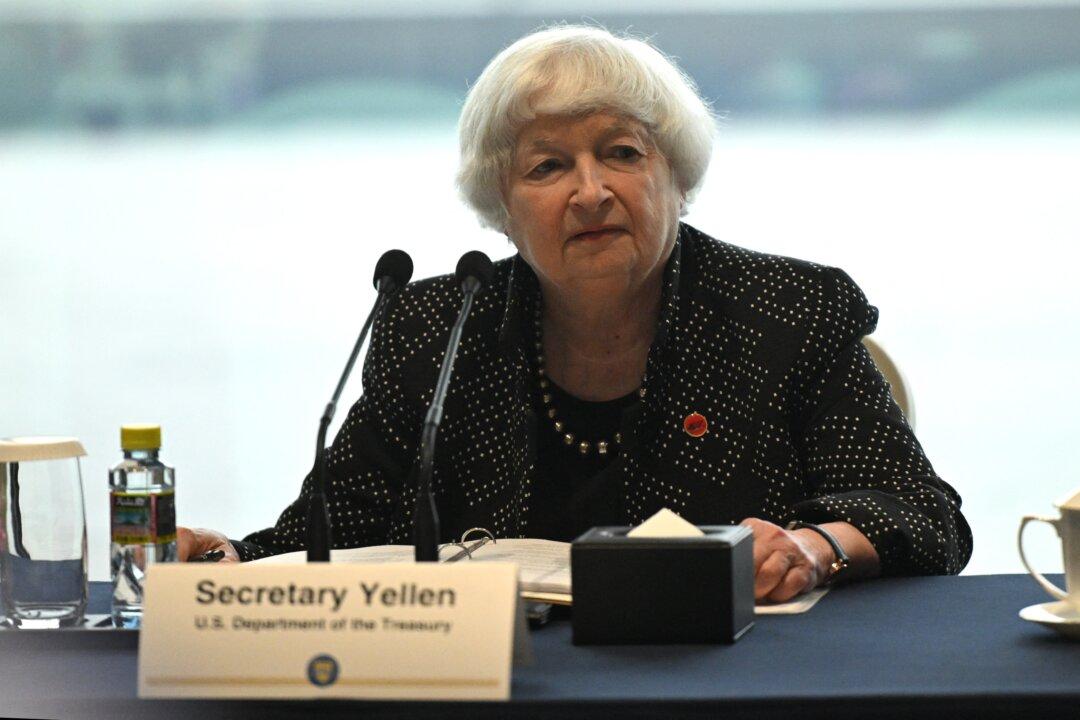As the United States continues to demand fair trade in its talks with Beijing, experts say that China’s recent actions show signs of a softening stance.
U.S. Treasury Secretary Janet Yellen visited China from April 3–9, calling for the Chinese Communist Party (CCP) to provide American businesses with “a level playing field” and criticizing China’s “coercive” trade practices.





